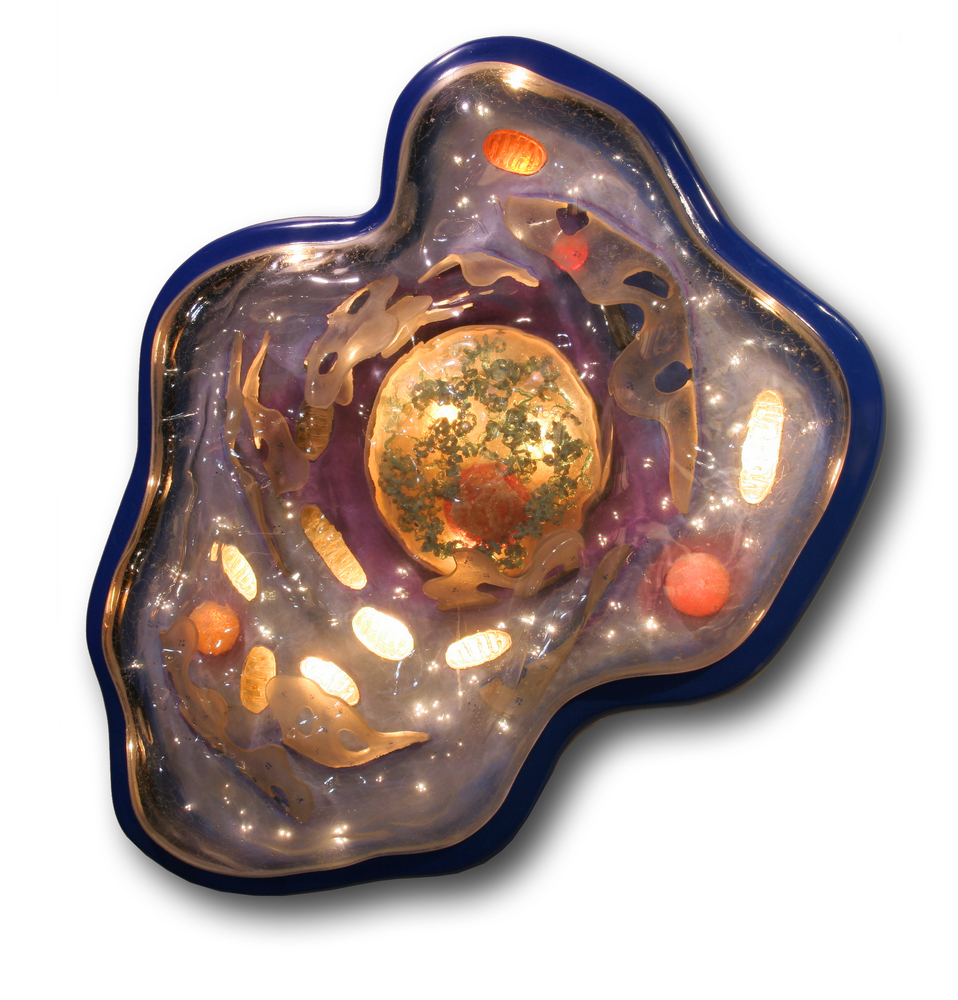 During the 2014 San Antonio Breast Cancer Symposium, three studies presented by researchers from the University of Colorado Cancer Center showed the outcomes of androgen receptor blockade in breast cancer.
During the 2014 San Antonio Breast Cancer Symposium, three studies presented by researchers from the University of Colorado Cancer Center showed the outcomes of androgen receptor blockade in breast cancer.
The first study demonstrated that this blockade lowers the growth of estrogen-positive (ER+) breast cancers, while the second study showed that triple-negative breast cancers (TNBCs) that should not be sensitive to hormonal stimuli and have a low prognosis, rely on androgen receptor activation.
In the third study, researchers found that blocking androgen receptors together with HER2 or mTOR had an enhanced effect, resulting in increased cancer cell death.
“We’re on the cusp of a major revolution in the way we treat breast cancer. We’ve known for years that prostate cancer is driven by androgens and now it’s increasingly clear that androgens and androgen receptors can influence many breast cancers as well. AR is actually even more prevalent in breast cancer than estrogen or progesterone receptors. Targeting androgen receptors in breast cancer gives us an new way to attack the disease,” Jennifer Richer, PhD, investigator at the CU Cancer Center and head of the Richer Laboratory that produced the results, said in a recent press release.
“Drugs like tamoxifen that target estrogen-positive breast cancer are pretty effective, but resistance and recurrence are still big problems,” study author Nicholas D’Amato, postdoc in the Richer lab added.
Past research has showed that the existence of androgen receptors on breast cancer cells could be a determining factor in tamoxifen resistance. One study showed that upon androgen receptor activation, there is a receptor re-localization into the cell nucleus, which allows breast cancer cells to respond to estrogen stimuli. Researchers found that enzalutamide, a drug that is capable of blocking this nuclear localization, can also prevent estrogen binding, reducing the proliferation and expansion of estrogen-dependent breast cancer cells.
[adrotate group=”3″]
“When you use drugs like enzalutamide to block the action of androgen receptors, you decrease the production of amphiregulin and therefore kill triple negative breast cancer cells,” Valerie Barton, Cancer Biology graduate student in the Richer Lab, explained in the press release.
In one of the studies, postdoc Michael Gordon in the Richer Lab investigated the effect of combining anti-androgen-receptor drugs with HER2 and mTOR inhibitors, showing that upon trastuzumab (anti-HER2) and enzalutamide or evorolimus (anti-mTOR) and enzalutamide combination, more breast cancer cells were eliminated.
“Evorolimus has side effects that can limit its use,” Dr. Gordon explained. “Our hope is that if we can increase its effectiveness by adding enzalutamide, we could reduce the dose of both drugs.”

